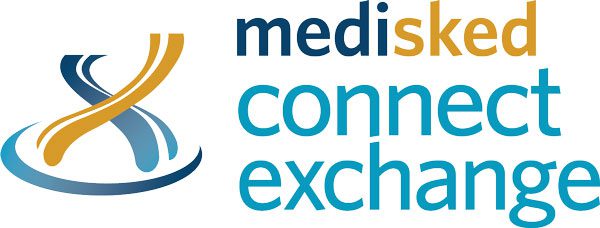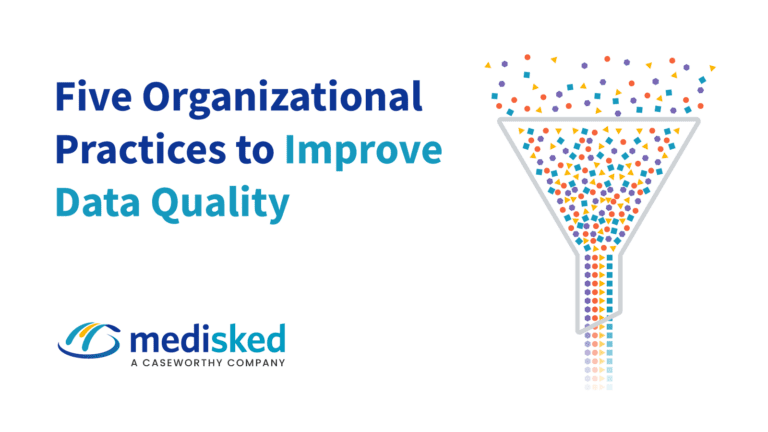As managed care for the general population continues its march away from the traditional volume-focused reimbursement model of fee-for-service (FFS) and towards a more outcome and quality-focused model of value-based payment (VBP), effective use of alternative payment models for services provided to people with intellectual and developmental disabilities (IDD) remains a major hurdle.
Managed care for people with IDD continues to expand across the nation, leaving open the question of effective and meaningful measures that may be used in conjunction with alternative payment models, such as VBP, for the services most utilized by people with IDD, including long-term services and supports (LTSS).
Traditional reimbursement models of FFS, which have been used historically for both acute and long-term health services, are based on the volume of services provided. Under an alternative payment model such as VBP, reimbursement is focused on the quality and outcomes of a service.
Within VBP models, quality and outcomes are determined by predefined measures or metrics that can be used to determine how effective a given service may be in achieving the desired outcomes. A provider is then reimbursed for that service based upon those measures, rather than being reimbursed strictly based upon an individual unit of service. This is intended to incentivize a proactive population health approach through payers and providers, rather than incentivizing sheer volume of service regardless of actual service outcomes.
VBP has been implemented in various ways across states and with many different possible measures that can determine reimbursement. These can include acute measures such as blood pressure, cancer screenings, immunizations, annual physicals, and diabetes screenings, among others. VBP measures can also include measures on utilization such as emergency room admission and readmission, as well as social measures such as patient satisfaction, food security, housing, or overall access to care.
As states continue to develop ways of implementing managed care for LTSS, along with alternative payment models for these services, there remains a question of what types of VBP measures for people with IDD prove the most effective in promoting quality of service and lowering cost.
A recent study by CQL | The Council on Quality and Leadership evaluated potential VBP metrics for people with IDD and their relationship between cost and quality[1]. The study highlights the difficulty in demonstrating the quality of service through measures in a non-acute or health system setting. In these settings, measures can be more easily defined through clinical outcomes, whereas when the goals for LTSS services “relate to independent living, employment, or community participation,” reliable measures become much more difficult to identify.
The study identifies quality measures that are associated with both higher and lower costs (Friedman, p.17). Interestingly, three main quality indicators were associated with lower per-person costs in LTSS:
1. Ongoing staff development programs
The study found that agencies that had implemented ongoing staff development programs had significantly lower on average per-person costs than agencies that did not have ongoing staff development programs. The study suggests that ongoing staff development can not only reduce costs but can significantly reduce abuse and neglect (61%), reduce injuries (62%), and lower emergency room visits (40%), thereby improving the health and safety of individuals with IDD.
2. Support needs shaping the hiring, training, and assignment of staff
The study found that where the support needs of an individual shaped the hiring, training, and assignment of agency staff, costs were lower than compared to agencies where this did not occur. This includes staffing support teams with the coordination of the individual with IDD, as well as ensuring there is sufficient staff support for the services in the individual’s plan. The study suggests increased training helps the self-efficacy of the support staff, reducing turnover, and increasing the health, safety, and quality of life for people with IDD – all of which can result in cost savings.
3. Systems to ensure supports and services enhance dignity and respect
This quality indicator refers to ensuring individuals receive information about their services in their language that is accessible and culturally appropriate for them, as well as individuals having autonomy and independence regarding life choices such as their daily schedule and routines. The study suggests that these practices reduce costs because of the benefits they produce in community integration, reduction of “over-supporting” individuals, and services and supports being better designed to meet the individual wants and needs of the supported person. The study also notes that treating people with IDD with dignity and respect can reduce the frequency of emergency room visits, injuries, and behavioral events – representing more potential for cost savings.
As the CQL study notes, there is very little agreement on how to measure outcomes and quality for services provided to people with IDD. As more states continue to move LTSS into managed care, continued and more expansive research into effective measures is needed to identify metrics and practices that contain costs while increasing the quality of services, to ensure improved quality of life for individuals with IDD. This can help states adopt measures for alternative payment models that improve overall system efficiency and effectiveness.
As all organizations across the service delivery continuum move towards VBP, a key consideration needs to be identifying electronic systems that can provide integration, analytics, and intervention capabilities on a population health level. MediSked Connect Exchange syncs and manages information into a single, manageable source to better monitor performance. This interoperable tool was created with data transparency in mind, increasing visibility and simplifying oversight with multi-agency and enterprise capabilities to share data across organizations in a single platform.
[1] Friedman, C., & Rizzolo, M.C. (2021). Value-based payments: Intellectual and developmental disabilities quality indicators associated with billing expenditures. Intellectual and Developmental Disabilities, 59(4), 295-314. https://doi.org/10.1352/1934-9556-59.4.295








